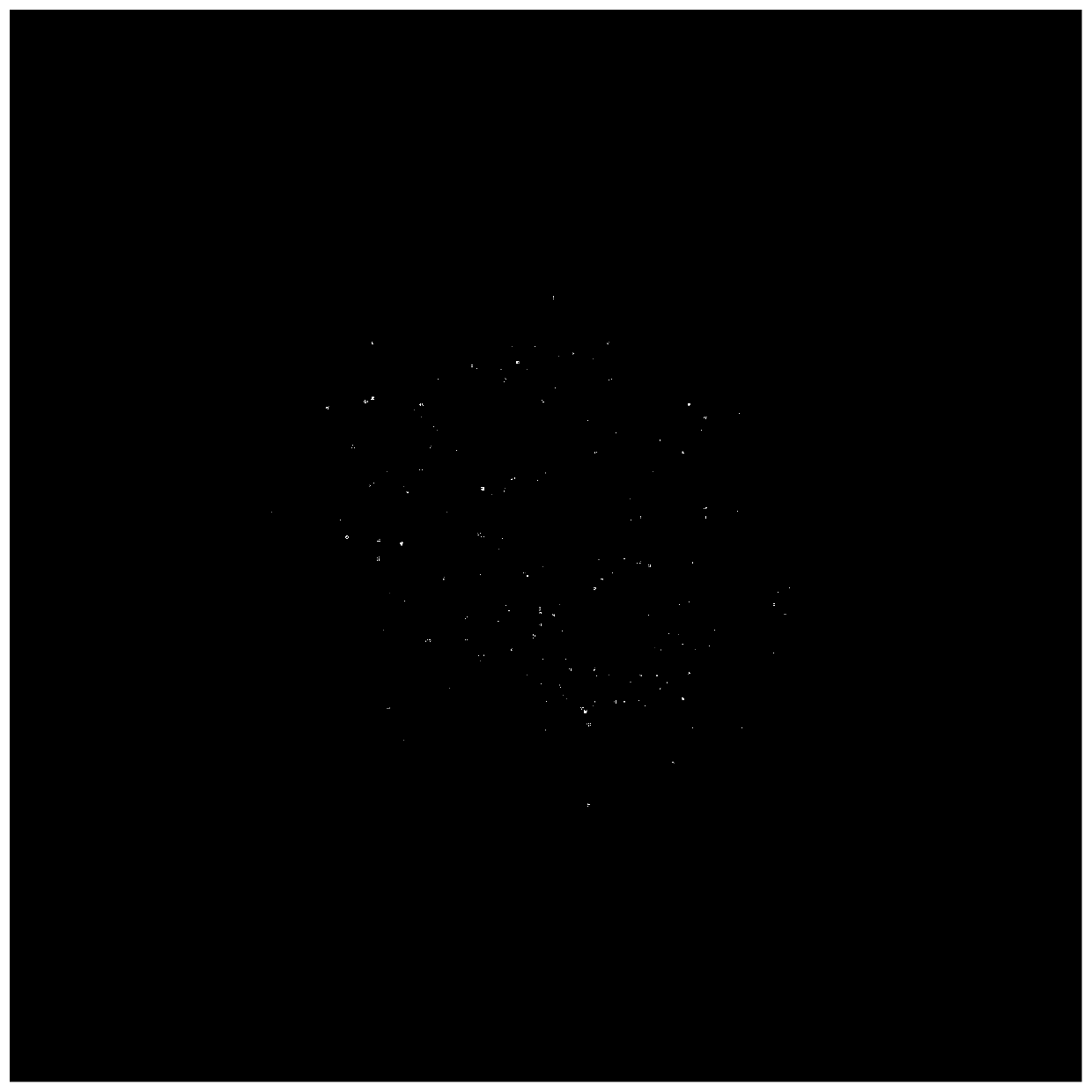Anti-saline-alkali aspergillus ochratensis strain W1 and micro-organism agent thereof, and applications of anti-saline-alkali aspergillus ochratensis strain W1
A saline-alkali-resistant technology of ochratoxin, applied in the saline-alkali-resistant ochratobacter strain W1 and its bacterial agent and application field, which can solve the problem that the strain is difficult to play a role
- Summary
- Abstract
- Description
- Claims
- Application Information
AI Technical Summary
Problems solved by technology
Method used
Image
Examples
Embodiment 1
[0028] Embodiment 1, the isolation of highly saline-alkali-resistant ochracus strain
[0029] The soil straw samples for the isolated strains were from Zhenlai County, Baicheng City, Jilin Province. Select the plots that have been desolate for many years and are highly salinized in this area, and take about 5 cm of soil straw from the soil surface, put them into sterilized glass bottles, and bring them back to the laboratory for storage at 4 °C for later use. Using the flat plate dilution coating method, the diluted soil supernatant was spread on the PDA medium added with NaCl to 250.0g / L, the pH was 10, cultured for 4 days, and a plant with high salt-alkali resistance was isolated after 3 rounds of screening The fungal strains of the highly saline-alkali resistant type are numbered CGMCC NO.17971.
Embodiment 2
[0030] Embodiment 2, identification of highly saline-alkali-resistant bacterial strain
[0031] Morphological identification: Inoculate the screened highly saline-alkali-resistant strain W1 on PDA medium containing 5% NaCL, culture at 30°C for 5 days, and observe the colony morphology. Pick up the sterilized coverslip with tweezers and insert it obliquely into the middle of 5% NaCL PDA medium. Inoculate a bacterial slice with a diameter of 7mm directly in front of the cover glass, with the mycelium facing down, then place the plate in a constant temperature incubator at 30°C, and observe the growth of the mycelium regularly. After the mycelium climbs up the cover glass, put The culture medium connected with the cover glass was cut off, the cover glass was taken out, and the hyphae and spore morphology were observed under a microscope. After culturing on PDA medium containing 5% NaCL at 30°C for 5 days, the diameter of the round colony is about 67-73.8 mm, it is white, the sur...
Embodiment 3
[0033] Example 3, identification of high salt resistance and optimum sodium salt concentration of bacterial strain Ochraus persicae W1
[0034]1, prepare the PDA medium of gradient NaCl content, pH is 7.0, and its salt concentration (mass fraction) increases to 31% (saturation concentration) by 0%, every level increases by 2%. An equal amount of strains were inoculated in the center of the culture medium and cultured at 30°C for 1 week. It was found that the strains could grow in 0%-31% NaCl PDA medium at a temperature of 30°C, but the growth of the strains was significantly inhibited as the salt concentration increased. The growth is relatively slow at the concentration of 1%-5%; the growth of the strain is accelerated at the concentration of 5%-13%, the growth of the strain is sharply slowed at the concentration of 15%-25%, and the bacteria basically do not grow at the concentration of 27%-31%. Therefore, the strain has salt-resistant properties and belongs to fungi with hi...
PUM
 Login to View More
Login to View More Abstract
Description
Claims
Application Information
 Login to View More
Login to View More - R&D
- Intellectual Property
- Life Sciences
- Materials
- Tech Scout
- Unparalleled Data Quality
- Higher Quality Content
- 60% Fewer Hallucinations
Browse by: Latest US Patents, China's latest patents, Technical Efficacy Thesaurus, Application Domain, Technology Topic, Popular Technical Reports.
© 2025 PatSnap. All rights reserved.Legal|Privacy policy|Modern Slavery Act Transparency Statement|Sitemap|About US| Contact US: help@patsnap.com



